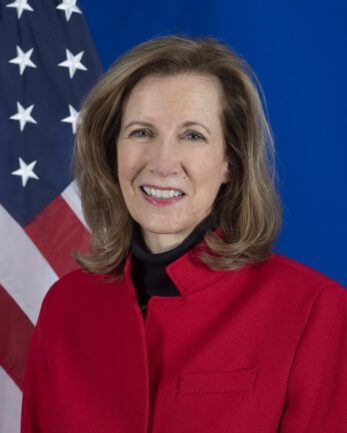In a session at the 2024 High-Level Political Forum (HLPF), Ambassador Lisa Carty, representing the United States, delivered a sharply critical response to the Ministerial Declaration crafted by co-facilitators from the Dominican Republic and Norway.
The declaration, aimed at advancing global sustainable development goals (SDGs), faced strong objections from the U.S. over what it deemed as politicized insertions and insufficient climate crisis commitments.
Ambassador Carty expressed gratitude towards the co-facilitators for their efforts but highlighted concerns. “Unfortunately, a small group of countries has threatened consensus by inserting unnecessarily divisive and politicized issues into what has historically been a consensus-driven process,” she said during her address.
The United States emphasized its commitment to the SDGs and its substantial financial support, exceeding $150 billion in recent years, to aid developing nations in achieving sustainable development priorities. However, Ambassador Carty voiced disappointment over specific aspects of the declaration.
Key points of contention included the omission of robust language on climate action, particularly referencing decisions crucial for maintaining a 1.5-degree Celsius limit, a critical target under the Paris Agreement.
The U.S. declared it would not consider language related to the UN Framework Convention on Climate Change (UNFCCC) or Paris Agreement in the declaration as binding precedent due to what it perceived as misleading references and insufficient ambition.
The U.S. dissociated itself from paragraphs deemed to politicize the HLPF’s work and criticized the handling of gender equality and poverty eradication intersections, which it felt were inadequately addressed.
Addressing concerns about sanctions, Ambassador Carty defended their use as a legitimate response to threats against peace, security, human rights, and good governance, opposing any characterization suggesting otherwise.
The declaration’s handling of international financial governance also drew criticism, with the U.S. regretting the inadequate recognition of progress in multilateral development banks (MDBs) and debt restructuring processes.
Ambassador Carty pointed stakeholders to an online document detailing the U.S. policy positions for further clarification.



